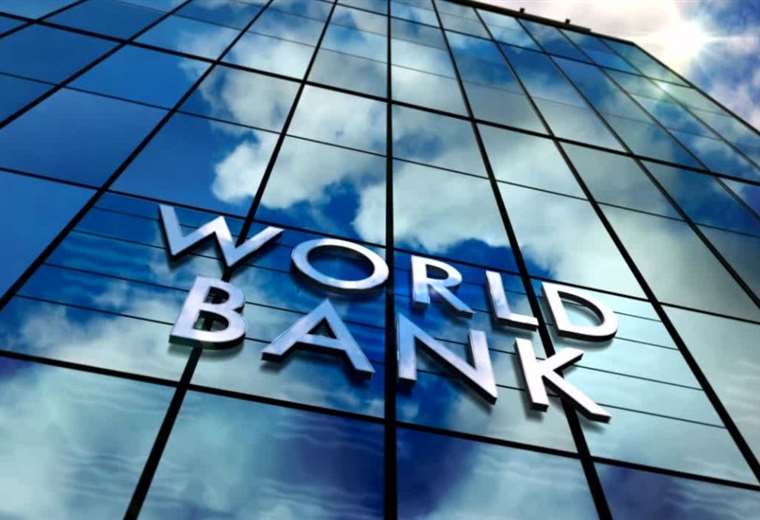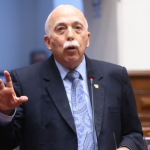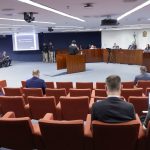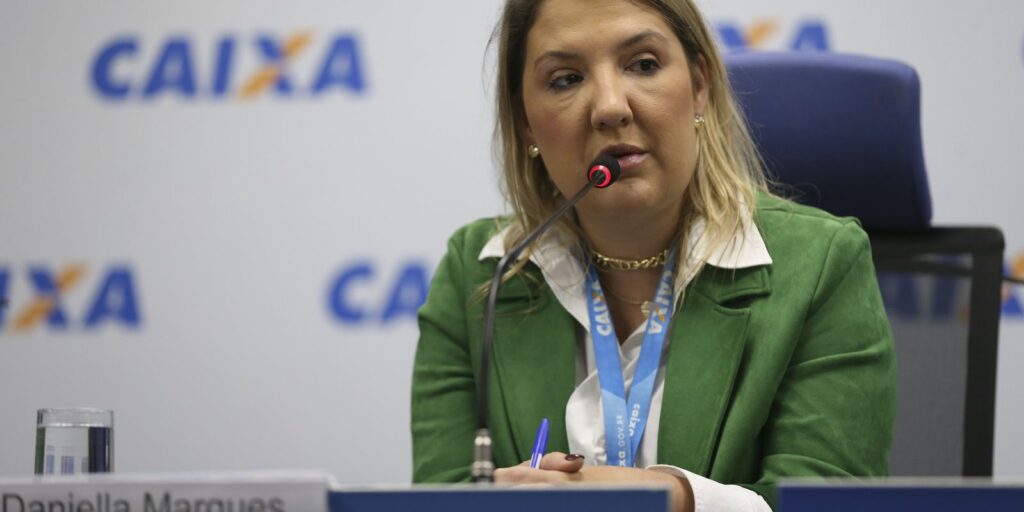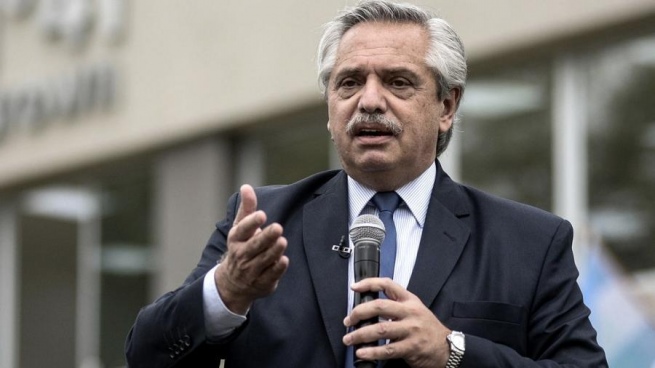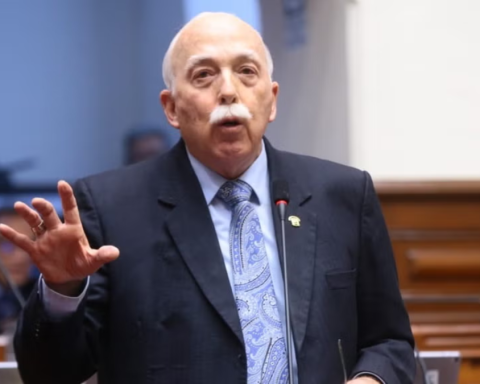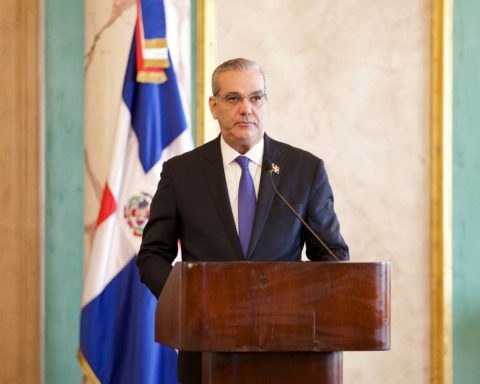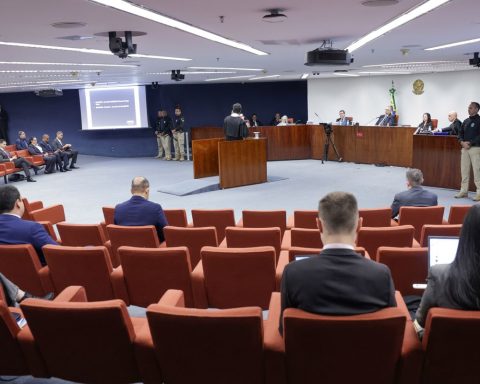October 4, 2022, 11:16 PM
October 4, 2022, 11:16 PM
The World Bank improves the forecast of economic growth in Bolivia to place the Gross Domestic Product (GDP) at 4.1%, compared to the 3.9% projected in its June report of this year. The Bolivian Government estimates the same index at 5.1%, according to its Fiscal Financial Program, presented in March.
The estimate of the international organization places the country among the six Latin American economies that will register a greater expansion this year. Colombia leads with a forecast of 7.1%, followed by Panama with 6.2%, The Dominican Republic ranks third with 5%, Uruguay 4.8% and Argentina -despite the high inflation rate- surprises with 4.2%.
The economies of Latin America and the Caribbean recovered their pre-pandemic levels and the region regained some sense of normality, although the economy must be reactivated to avoid a new cycle of low growth. Social and infrastructure investments can become key drivers of growth and shared prosperity, according to the World Bank report “New Approaches to Closing the Fiscal Gap.”
It is estimated that regional GDP will grow 3% in 2022a higher rate than previously expected due to the rise in the prices of raw materials.
However, the strong uncertainty that is sweeping the world as a result of the war in Ukraine, the rise in interest rates in developed countries and persistent inflationary pressures will impact the economies of the region. Low growth rates of 1.6 percent and 2.3 percent are projected in 2023 and 2024, respectively, similar to the low levels seen in the 2010s and insufficient to achieve significant progress in terms of poverty reduction . Inflation, which although in most countries is at OECD levels, requires continuous efforts so that it falls to the level of the previous objectives.
“Most economies have recovered to their pre-pandemic levels, but this is not enough. The countries of the region have the opportunity to rebuild better after the crisis and achieve fairer and more inclusive societies”said Carlos Felipe Jaramillo, World Bank Vice President for Latin America and the Caribbean. “In addition to putting in place the reforms and investments needed to accelerate growth, governments must face the structural costs: the years of schooling lost, the vaccines not provided, and the delayed impact of food insecurity that the recovery of GDP masks.”
The region is well positioned to rethink its development trajectory. The employment practically recovered its pre-pandemic levels, schools reopened and, with exceptions in the Caribbean, the high rate of vaccination against Covid-19 allowed a return to normality.
However, the consequences of the crisis persist and must be addressed. Although monetary poverty fell from 30 percent in 2021 to 28.5 percent in 2022, it remains at a high level; while the long-term costs of the crisis in health and education must be remedied urgently, both to revive growth and to mitigate the increase in inequality.
“Managing the growing burden of debt resulting from the crisis while generating sufficient fiscal space to make investments that promote growth requires new sources of revenue that will need to be carefully analyzed, as well as better use of existing spending. On average, 17 percent of public spending could be saved and, in two-thirds of the countries, these savings would serve to eliminate current fiscal deficits,” said William F. Maloney, World Bank Chief Economist for Latin America and the Caribbean. “Rationalizing public sector spending is a step toward building more efficient, responsive, and trustworthy governments.”
The report argues that countries should carefully analyze their public spending and tax policy options to promote equity and avoid potential adverse effects. This includes improving the efficiency of spending: on average, 4.4 percent of GDP — or 17 percent of public spending — is wasted on misdirected transfers, poor public procurement, and inefficient human resource policies.
